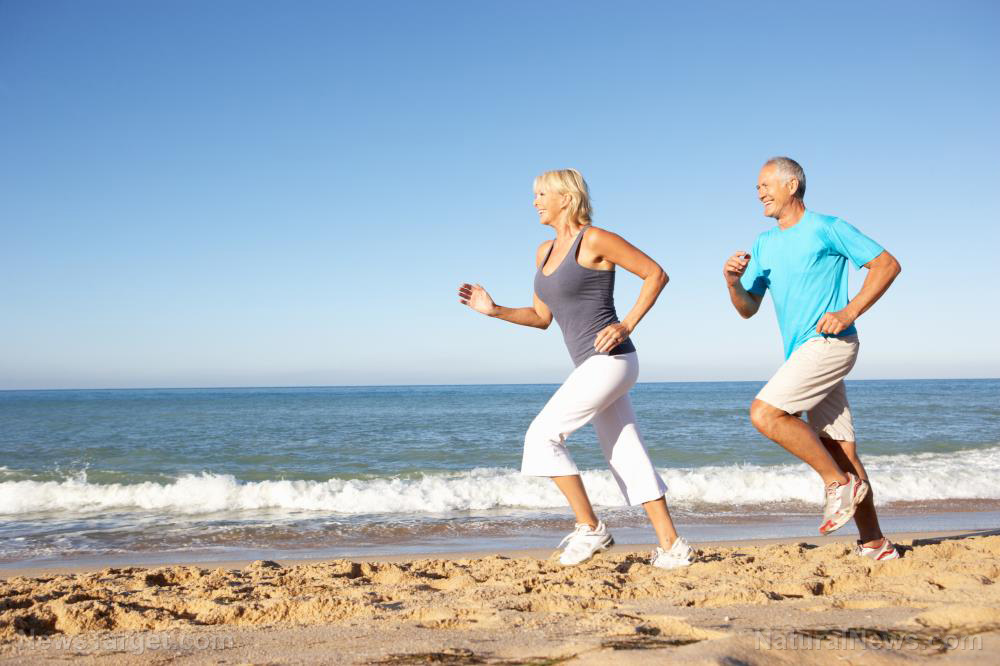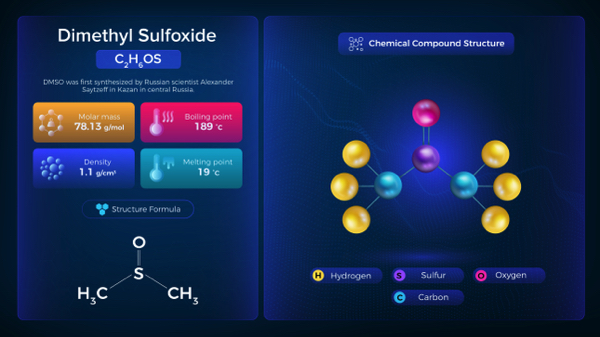
- A study confirms that staying physically active in retirement helps combat mental fatigue and maintains cognitive function.
- Research shows physically active older adults (66–72) perform better on cognitive and physical tests, even when mentally fatigued, compared to inactive individuals.
- For seniors, mental exhaustion weakens focus, slows reactions and complicates routine tasks like managing finances or navigating stairs.
- Regular exercise (e.g., walking, swimming), combining light mental puzzles with movement, and Brain Endurance Training (BET) can enhance mental stamina.
- The study challenges the notion of unavoidable cognitive deterioration, emphasizing that proactive physical activity can mitigate decline and reduce societal healthcare burdens.
From fatigue to focus: The surprising link between exercise and mental clarity
Mental fatigue isn’t just about feeling tired after a long day. It weakens focus, slows reaction times and makes even simple tasks feel overwhelming. For seniors, this can mean struggling with daily activities, from balancing a checkbook to climbing stairs safely. But the study offers hope. Regular physical activity – whether walking, swimming, or strength training – strengthens both body and brain. It sharpens thinking, boosts stamina and, most importantly, helps older adults push through mental exhaustion rather than succumbing to it. In an era where quick fixes and miracle cures dominate headlines, the solution here is refreshingly straightforward: Move more. The researchers suggest three practical steps for seniors looking to stay sharp:- Exercise regularly: Even moderate activity, like daily walks, makes a difference.
- Warm up the mind and body: Combining light mental exercises (like puzzles) with physical movement prepares the brain for tougher tasks.
- Try Brain Endurance Training (BET): This method mixes mental challenges with exercise to build mental toughness.
More related stories:
Move your feet to prevent dementia: Research shows exercise boosts brain function. Suggestion for the elderly: Run from dementia — literally — regular exercise can heal the brain, according to new study. Why tai chi is a beneficial exercise, especially for the elderly. Retire from work, not exercise: New study confirms any and all physical activity in elderly helps reduce cardiovascular risk. Sources include: ScienceDaily.com Journals.HumanKinetics.com News-Medical.net Birmingham.ac.uk Brighteon.comFederal probe into UC Berkeley’s concealed Chinese funding reveals national security breach
By Willow Tohi // Share
Whey protein: History, nutritional benefits and culinary uses
By Laura Harris // Share
How science is unlocking the anticancer potential of DMSO
By Olivia Cook // Share
Fennel for painful periods: A clinically proven drug alternative
By News Editors // Share
How digital illusions erode mental health and self-worth in the age of artificial acceptance
By Lance D Johnson // Share
3 Luxurious DIY skincare recipes using Organic Coconut Oil and Frankincense Oil
By HRS Editors // Share
The fight for free speech: Substack stands firm against censorship pressure
By willowt // Share
"Climate Change Reconsidered" offers fresh perspective in the climate change debate
By kevinhughes // Share










